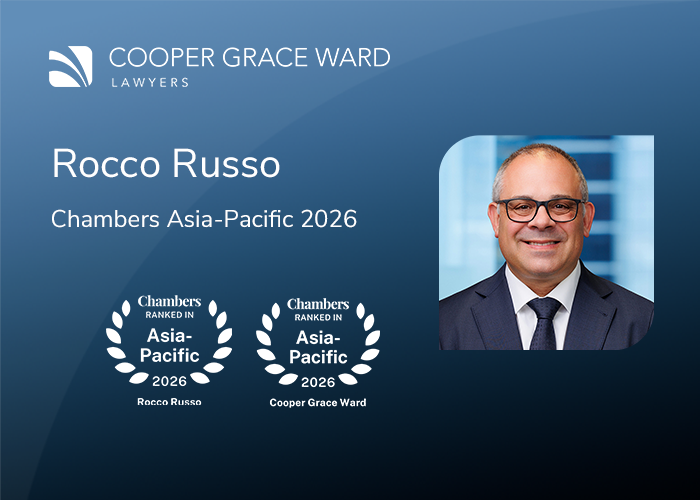In Devren Pty Ltd v Old Coach Developments Pty Ltd and Ors [2015] QSC 53, funds payable to a company were paid to other entities in accordance with the direction of Mr Clair, the purported managing director of the company. The critical question was whether Mr Clair had authority on behalf of the company to direct that the payments be made to the third parties.
Background
At the relevant time, Mr Clair was disqualified from managing a corporation and he was not qualified to be a director.
The company claimed that it was still owed the money by the defendant, who was its joint venture partner because the payment was made to the third parties and not to the company.
The defendant argued that the company had received payment because Mr Clair directed the defendant to pay the money to the specified accounts of the third parties. The company disputed the authority of Mr Clair to give such a direction in circumstances where he had not been validly appointed as managing director.
Agency by estoppel
The Court held that, even though Mr Clair was not a director, he had ostensible authority as agent to bind the company (this is also known as agency by estoppel).
The Court identified the following principles relating to agency by estoppel as it applies to a company:
- It arises when the company represents to another person that a third party has been authorised as agent for the company and, in reliance, the other person enters into transactions with the company within the scope of that ostensible authority.
- The law will not allow the company to renege on the representation by subsequently denying the third person’s agency.
- It is immaterial whether the ostensible agent has no authority, or merely acted in excess of the actual authority.
- The holding out may be by acts of the company, or by the company knowingly allowing the agent to hold themself out as having authority.
- No representation made solely by the agent as to the extent of their authority can amount to holding out by the company.
The Court said that ostensible authority does not only relate to the company’s representations by their words or conduct. Importantly, it can also arise when the company allows the agent to hold themself out as having authority and remains silent, knowing that the third party believes that the agent has been validly authorised.
The Court’s analysis
The Court placed weight on the course of dealings between the joint venture partners, which the company’s other director was aware of and had participated in. There was nothing in Mr Clair’s conduct that ought to have caused the defendant to have reasonably considered there was a limitation on the authority of Mr Clair to bind the company.
The Court said that, on their face, the directions from Mr Clair to pay the money to the third parties were in accordance with the interests of the company. There was no reason for the defendant to suspect Mr Clair’s directions were not authorised by the company.
The defendant was not informed that Mr Clair lacked authority to bind the company.
If there was a restriction on Mr Clair’s authority, a clear statement to that effect would be expected to have been made by the company.
Comments
The dispute in Devren highlights the danger for anyone who owes money to a company if they pay the money to a third party in accordance with the direction of a representative of the company.
There is the risk that the representative may not be appropriately authorised. Whether the representative has authority will depend upon the the representations of the company, the nature of the transaction and the scope of the ostensible authority.
A prudent debtor should insist upon the production of clear authorisation from the company before making payment to the third party. The safest course in the absence of, for example, a garnishee notice or the intervention of a secured creditor is to pay the outstanding debt directly to the creditor.
The risk for a company is that it could be bound by the acts of its representative if that person has ostensible authority to act on behalf of the company. Although Devren concerned the payment of money to third parties, the risks of ostensible authority also apply to other commercial dealings such as contract negotiations.
If you would like more information about these issues, please contact Graham Roberts on +61 7 3231 2404.




